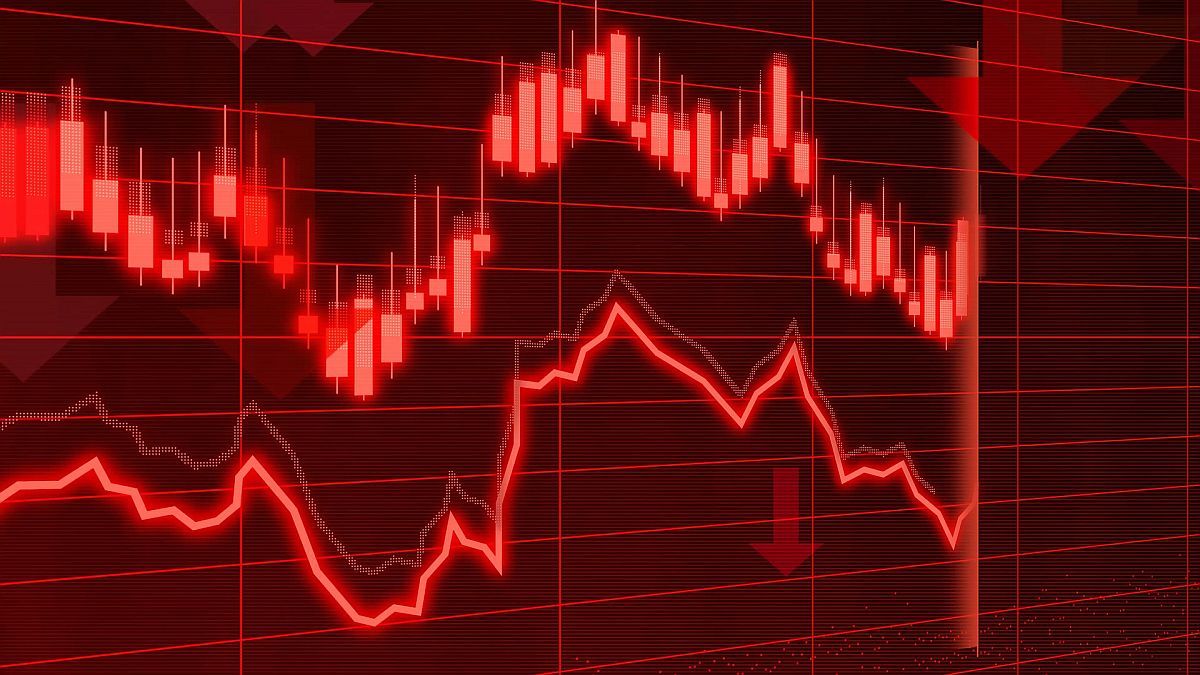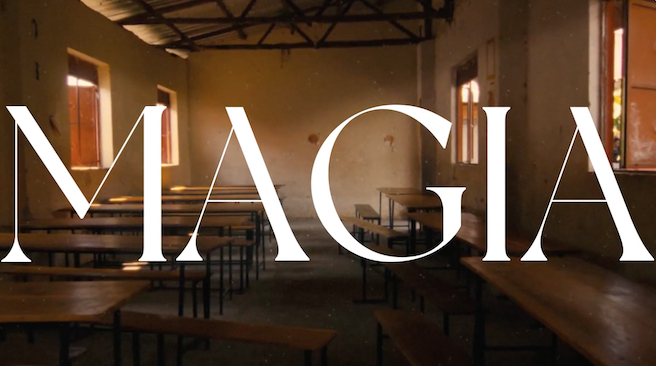When the end was seen, the delta variant appeared and the markets trembled

The daily rate of new infections has more than doubled since the meeting feed it June 16, when its chief, Jerome Powell, said that although it is “too early to declare victory” due to the emergence of the delta variable, the decline in injuries, hospitalizations and deaths “must continue.”
Not so. News of an increase in cases putting pressure on hospital capacity once again spread to financial markets, with a strong sell-off on Monday.
The yield on US Treasuries fell, indicating a loss of confidence in both the country’s growth prospects and the Fed’s ability to navigate a renewed epidemic that may require more stimulus and higher inflation, which may require a more restrictive approach to monetary policy.
Analysts still expect economic growth in 2021 to be the strongest since 1984, but now they are mining the data in real time again for signs that the delta variable is changing behaviour.
Wells Fargo’s Jay Bryson, who maintains a 7% growth forecast for 2021, said: “Are vaccinated people staying away from planes? That’s the downside risk. I don’t think anyone expects shutdowns like that a year ago. However, there is no need for closures. There should just be people saying, ‘I’m going to stay home’.
There is still no clear evidence of this happening. Air travel has been flat at about 80% of its pre-pandemic level, according to Transportation Security Administration statistics, and there has been no decline in diners returning to restaurants, according to data from restaurant website OpenTable.
However, next week’s Federal Reserve meeting will be difficult again, overshadowed by something epidemiologists have warned even with the release of vaccines: The coronavirus will not go away easily and is likely to remain a cyclical risk to people’s health. people and the economy for years to come. .
In June, the Fed indicated that it had begun planning a shift toward monetary policy after the pandemic, with the risk of accelerating inflation considered critical. Some authorities are ready to cut $120 billion in monthly bond purchases and accelerate interest rate increases.
The case of the Reserve Bank of Australia can provide a lesson. The entity began its own “reduce” in bond purchases, but the state reimposed new restrictions, which is why economists believe the bank will have to change course.
Meanwhile, Minneapolis Federal Reserve Chairman Neil Kashkari told NPR over the weekend that Delta’s version “could hit the brakes” on America’s recovery, “which would be a huge setback for us.”
By Howard Schneider, Reuters

“Award-winning zombie scholar. Music practitioner. Food expert. Troublemaker.”









